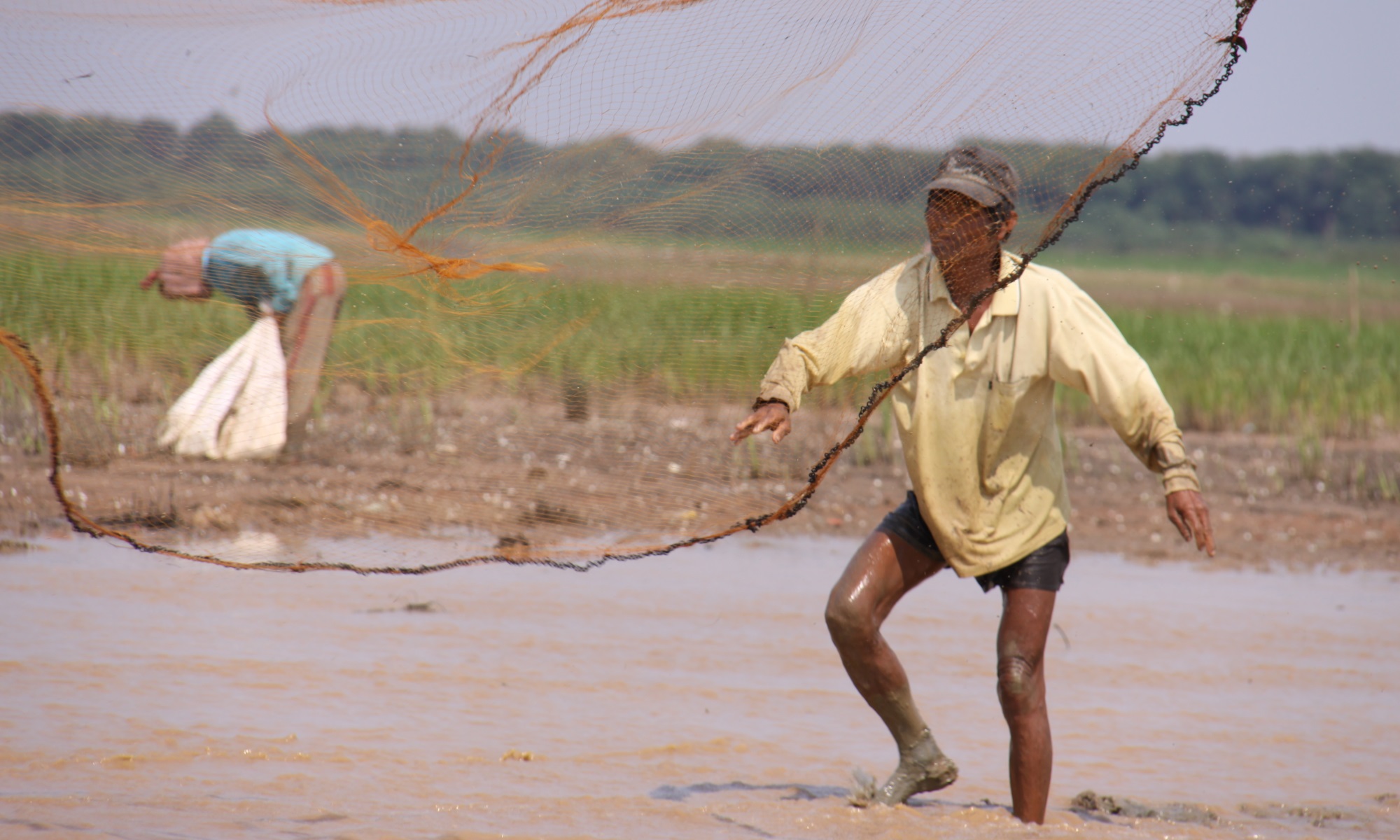Finally, the paper supporting my speech at the 5th Italian Conference on Free Software, June 2011, is available.
It includes many quotes coming from the Community track of fOSSa Conference 2010 – by the way, stay tuned with fOSSa 2011: registration will open soon! – and from the Open World Forum Paris, 2010 – come to Paris this week to hear the novelties at OWF 2011!
The paper goes further on with some reflections about communities that I made in a previous post.
Moreover, it points out what people actually mean by ”community” and what stimulates its continuous growth. This reflection includes the nature of the community and the different roles that are played within it by a wide range of actors, who participate in the community itself for various reasons and on the basis of adequate incentives.
A new part of my thoughts includes reflections about the difference between the concept of community and that of network and the roles they play in the ecosystems interacting in the ecology of value. As a new insight, I’ve posted the introduction here.
In detail, the story in the paper provides some reflections on a specific way of interpreting the community, in which an enterprise has set itself as the leading actor. It’s the story of SpagoBI community: state-of-the-art, challenges, next evolutions. It refers to a relationship that is somehow overbalanced, since Engineering Group – the company employing SpagoBI team – gives a lot to the community and receives little in return, well aware of the fact that it exploits the potentials given by the company’s name and dimensions, and that this is perceived as burdensome. Nonetheless, it continues to invest in concrete actions aimed at openness, transparency and at establishing a trust relationship, not only made of statements and good intentions, but also of concrete actions.
Therefore, I am taking again an opinion already inserted in a previous paper. It is: “As a matter of fact, the market is interested in free software for its being usually available for free, rather than for its freedom. This is particularly clear to those people who choose this model hoping to find a commercial opportunity in it. On the other hand, free software does not mean gratuitousness, but participation and sharing. Giving without receiving anything in return is nonsense, not only in terms of money, contacts and commercial opportunities, but also in terms of telling one’s own experience or giving a simple feedback on the solution. Briefly, in this environment giving is nonsense unless we give to share”.
It is not sufficient to believe in free software as the participation to the wide “knowledge as a commons” context, and as a place where free availability is crucial. It’s a key factor to encourage the active participation, seen as exchange and sharing.
We need to gain better insights into the role played by the network and consequently contribute to setting up a path that encourages altruism, trust and that acknowledges people’s merits. These are the values founding a transformation towards new knowledge-based models of producing and living.
